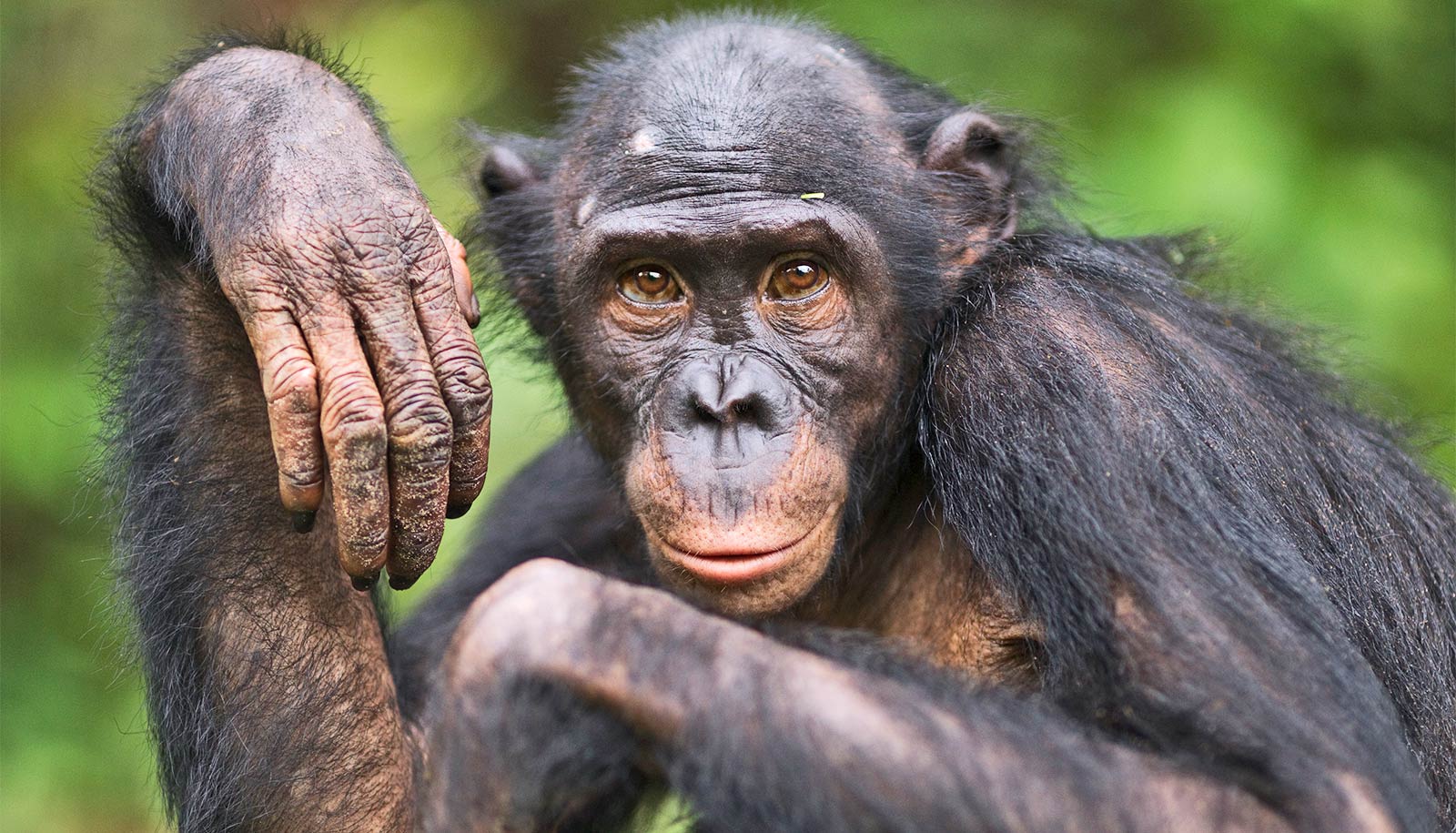A new study suggests that social feedback from other birds plays a crucial role in how baby birds learn to communicate.
Researchers wanted to know: When a baby bird learns to sing, is it simply mimicking and practicing its father’s tune? Or do chicks learn by first putting out nonsensical sounds—much like a human baby’s babble that develops based on a parent’s response?
“What seems to be true is that the baby does something and gets a response and then it is motivated to get more of that…”
“For decades, across birds and babies and all vocal learners, there has been this idea that the mechanism was imitation—a baby passively listened and then it just absorbed those sounds and spat them back out, and we’re finding that’s not true in many of these animals,” says Samantha Carouso Peck, a graduate student in the Behavioral Analysis of Beginning Years (BABY) Laboratory at Cornell University and coauthor of a paper on the research.
“What seems to be true is that the baby does something and gets a response and then it is motivated to get more of that,” says coauthor Michael Goldstein, associate professor of psychology.
This exchange is similar to the way human babies learn cause and effect by, for example, repeatedly dropping a spoon from a high chair, prompting their parent to keep picking it up, Goldstein says.
In order to better understand how song learning develops in young birds, the researchers gave one set of newly hatched zebra finches vasotocin, a hormone involved in social bonding, social motivation, and related processes. Vasotocin is the avian analogue to human oxytocin, which has been simplistically referred to as the “love” hormone.
Other baby birds were given a compound that blocked the receptor for vasotocin and a third set of control birds received a saline solution.
“We really wanted to make sure all the birds had the exact same upbringing” and eliminate any confounding genetic issues that might play a role in rearing, Peck says.
The researchers separated the newly hatched males—since only the males sing—and made 10 nests. Each nest contained three baby male birds, one from each experimental condition, and a male foster parent who was genetically unrelated to each baby. As the young birds grew, the researchers conducted a battery of social-motivation and behavioral tasks, measuring song learning.
While both the controls and the birds given vasotocin produced an adult song that closely matched their foster dad’s song, the songs of birds with the vasotocin blocker were poorly matched, disjointed, and truncated. The ability to learn an effective song is important since birds use their songs to attract mates. Additional experiments that examined sound qualities such as pitch and frequency of the birds’ songs found that those given vasotocin learned song significantly better than the controls.
Zebra finches use ‘baby talk’ to teach chicks
Furthermore, when all the birds grew to adulthood, the birds with vasotocin were adept at reading social cues from females and their songs were attractive to females. In contrast, the ones given the vasotocin blocker had ineffective songs, were aggressive toward females, and drove them away.
The findings provide the first evidence that these hormones—which belong to a class of hormones called nonapeptide hormones and exist in all vertebrates—are critical to the development of vocal learning.
“We decided to change their brains to either ramp up or ramp down social motivation. If social responses didn’t matter, all these birds should learn the same way,” which was not the case, Goldstein says.
The study has implications for treating autism in humans, researchers say. Clinicians have been experimenting with administering oxytocin nasally into young autistic children to increase their social skills, Peck says.
“We think this bird work can help shed light on the role of these hormones in social motivation. If we can identify the mechanisms and we can look at long-term outcomes, I think we could give some much-needed context for some of these autism studies,” Goldstein says.
Why some birds are babysitters instead of parents
The paper appears in the Proceedings of the Royal Society B. The National Science Foundation and the National Institutes of Health funded the work.
Source: Cornell University



